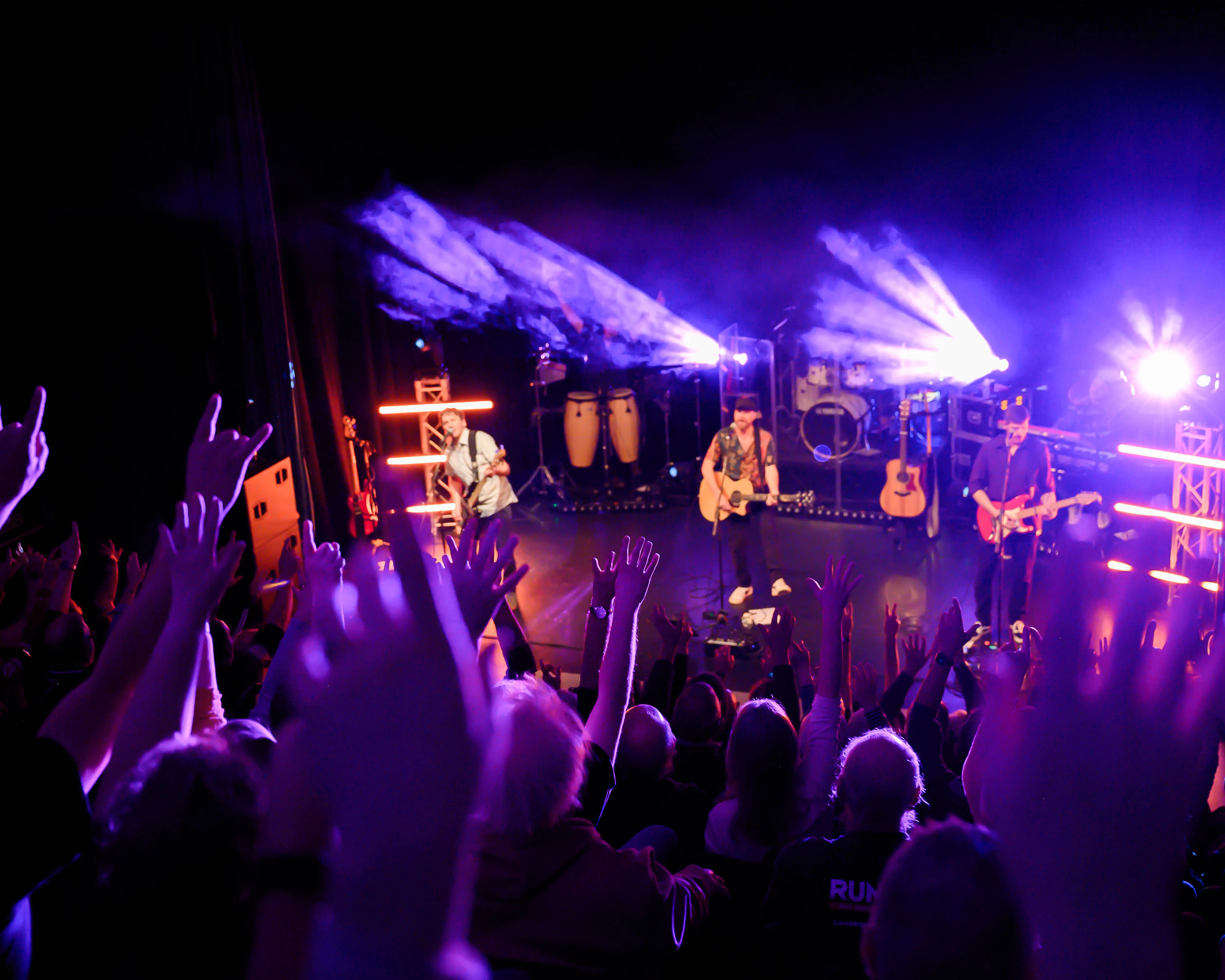
Music's Hidden AI Problem Nobody Talks About
The music industry's AI revolution isn't happening in boardrooms or press releases. It's happening in silence, behind closed doors, where artists secretly use AI tools for legal work but refuse to admit it.
**Nobody wants to admit they're doing it.** The shame factor runs deep.
Artists worry that admitting AI usage makes their legal safeguards look weak. Labels might question their professionalism. Lawyers might doubt their judgment.
So they stay quiet. And that silence is creating a dangerous problem.
When Secrecy Backfires
I've seen bands use AI for contract generation, only to discover massive territorial gaps later. Rights territories left undefined. Jurisdiction clauses missing entirely.
The assumption is always the same: AI missed something a human lawyer would catch.
**But that's wrong.**
AI didn't fail. The artists did. They gave the AI incomplete information and expected perfect results.
AI is only as good as the context it receives. When artists input basic contract requests without specifying operating territories, licensing jurisdictions, or distribution channels, the AI can't fill those gaps.
The Knowledge Crisis
This reveals something more troubling than technology limitations. Artists don't know what they don't know about legal work.
They think they're being smart by using AI tools. In reality, they lack the legal knowledge to even frame the right questions.
The problem isn't cutting corners or laziness. It's genuine ignorance about legal complexity.
Research shows three in five music industry professionals need more support understanding AI's impact on their careers. That knowledge gap is widening as adoption accelerates in secret.
The Documentation Burden
The stakes keep rising. Copyright applications now require artists to disclose and disclaim any AI-generated components in their work.
Most artists don't realize this documentation burden exists. They're using AI tools without keeping the detailed records that copyright law now demands.
Meanwhile, tools like musiclawyer.ai are emerging to help artists analyze contracts for missing elements and potential problems. But adoption remains limited because artists still won't admit they need help.
What Happens Next
This hidden adoption pattern creates a dangerous feedback loop. Artists use AI secretly, make mistakes privately, then blame the technology publicly when problems surface.
The real solution isn't better AI. It's better education about what AI needs to succeed.
**AI amplifies existing knowledge.** If you don't understand music law fundamentals, AI won't magically create that understanding for you.
The artists succeeding with AI tools are those who combine technology with proper legal knowledge. They know what questions to ask, what context to provide, and what gaps to check for.
The music industry's AI revolution will continue happening quietly until we address the knowledge crisis driving it underground. Artists need legal literacy, not just better tools.
Because the technology isn't the problem. The shame about using it is.
